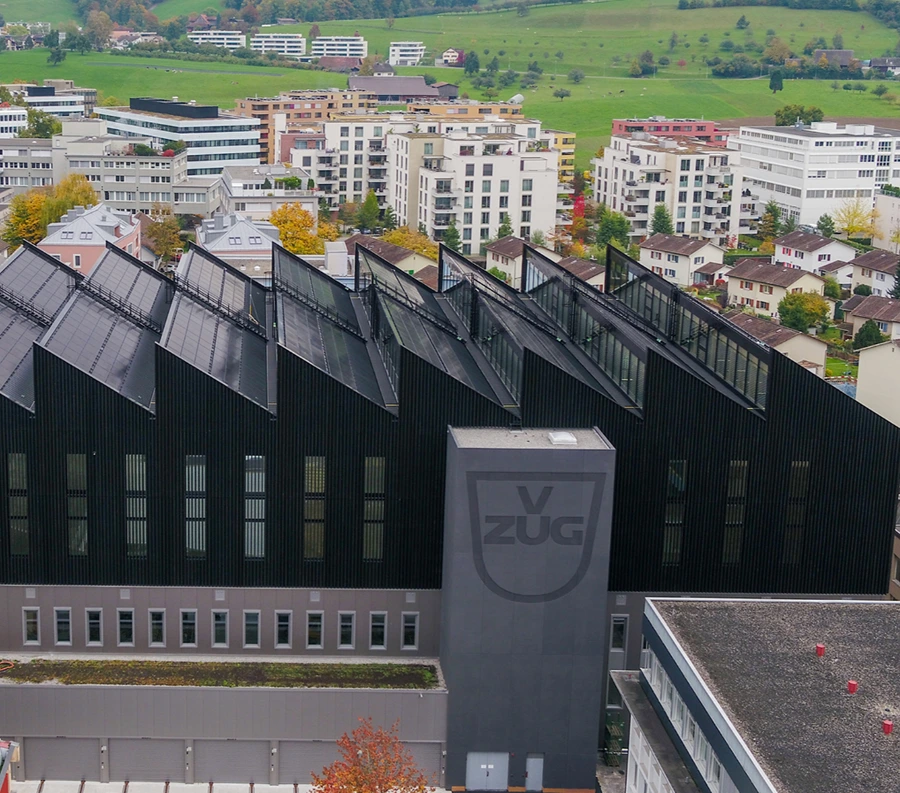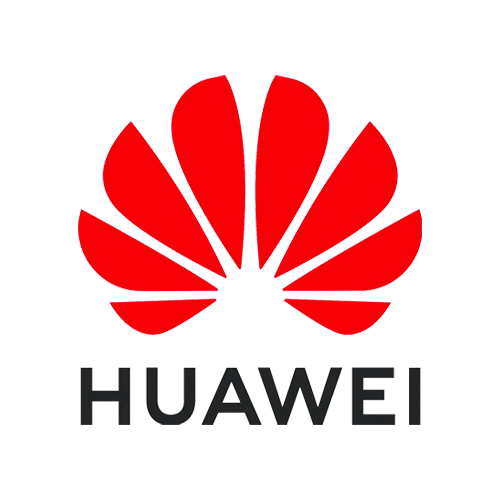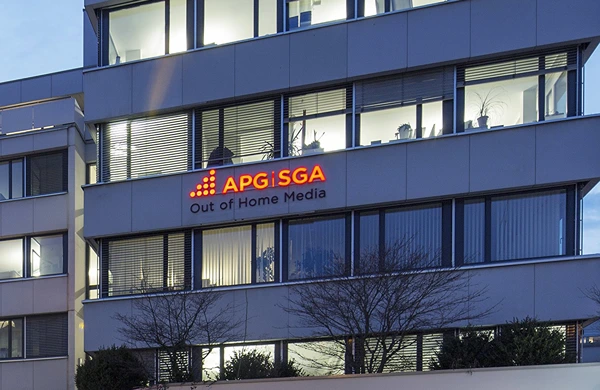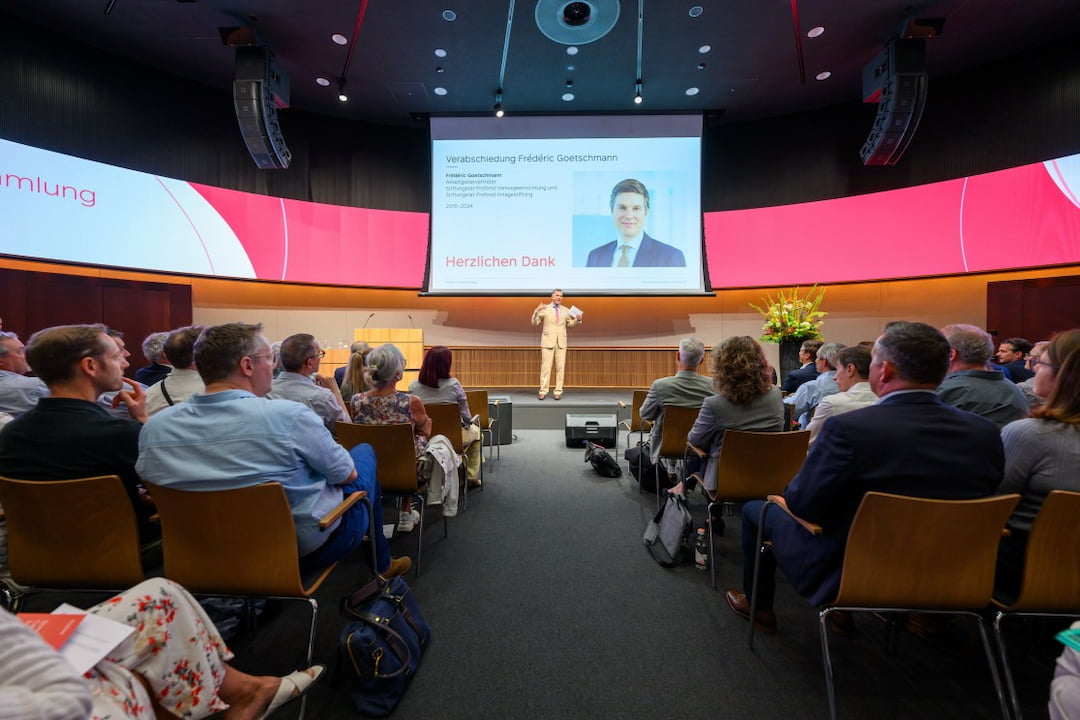ROI in event management — Reduce costs and increase profits with software integration
The Return on Investment (ROI) is a central indicator of the financial success of an event in B2B event management. It is calculated by setting the profit in relation to the budget used. It is crucial for companies to maximize this value in order to sustainably ensure the profitability of their events.
Traditional methods have their limits here, as many variables make the measurement inaccurate. The integration of suitable event management software offers a clear advantage: It automates processes, structures processes, reduces errors and increases efficiency — all factors that have a direct positive impact on ROI.
Why event management software increases ROI
Modern event management programs bundle key functions such as:
- Participant management
- budget management
- Real-time monitoring of KPIs
- event planning
Automating and centralizing tasks reduces costs, while revenue increases through streamlined processes and an improved participant experience.
example: Central data management enables precise analyses so that inefficient marketing measures are identified and future campaigns are optimized. This increases both return and recommendation rates.
Efficiency through planning and organization
Software can automate complex planning processes — from scheduling and scheduling with automatic notifications to resource management.
advantages:
- Central data storage — GDPR-compliant, often ISO certified, with cloud backups.
- Optimized budget distribution — Prevents overbookings and bottlenecks in areas such as catering or technology.
- Improved team communication — Integrated tools for quick updates and transparent collaboration.
The result: less administrative effort, more focus on the event experience.
Real-time management and adjustment during the event
During the event, software offers the option to monitor and adapt live:
- Real time data — e.g. sales figures in catering or attendee movements.
- Interactive elements — Push notifications about interesting sessions, live polling, gamification.
These measures increase commitment, satisfaction and long-term participant loyalty.
Follow-up and performance measurement
After the event, the software enables structured data evaluation:
- KPIs such as attendance figures, engagement rates, NPS, and ROI.
- Feedback collection through automated surveys with reminder functions.
- benchmarking with similar events or previous year's figures.
In the long term, weak points can be identified and the no-show rate reduced.
Economic benefits of hybrid events
Hybrid events — a combination of live and online formats — expand reach and offer additional monetization options:
- Global audience without high additional costs.
- Additional data sources for optimizations.
- New income through online tickets and sponsorship packages.
Case study: Swiss Life
Swiss Life integrated event management software Evenito and achieved impressive results:
- Central CRM connection for better customer contact.
- User-friendly interface for all employees.
- Operational efficiency improvement through simplified guest list and check-in processes.
The result: increase in events from 64 in 2022 to 108 in 2023 (+70%).
Choose the right software
When choosing, event managers should focus on criteria such as Ease of use, scalability, integration, support and individual adaptability pay attention. A practical test or demo is recommended before making long-term decisions.
conclusion
The integration of high-quality event management software increases efficiency, optimizes resources and reduces costs. At the same time, it improves the participant experience—resulting in higher revenue and better ROI.
recommendation: Companies should use modern software solutions such as evenito to make their event organization more economical and successful.

.svg)




.png)


.svg)
.svg)

.avif)








.webp)

.webp)
























